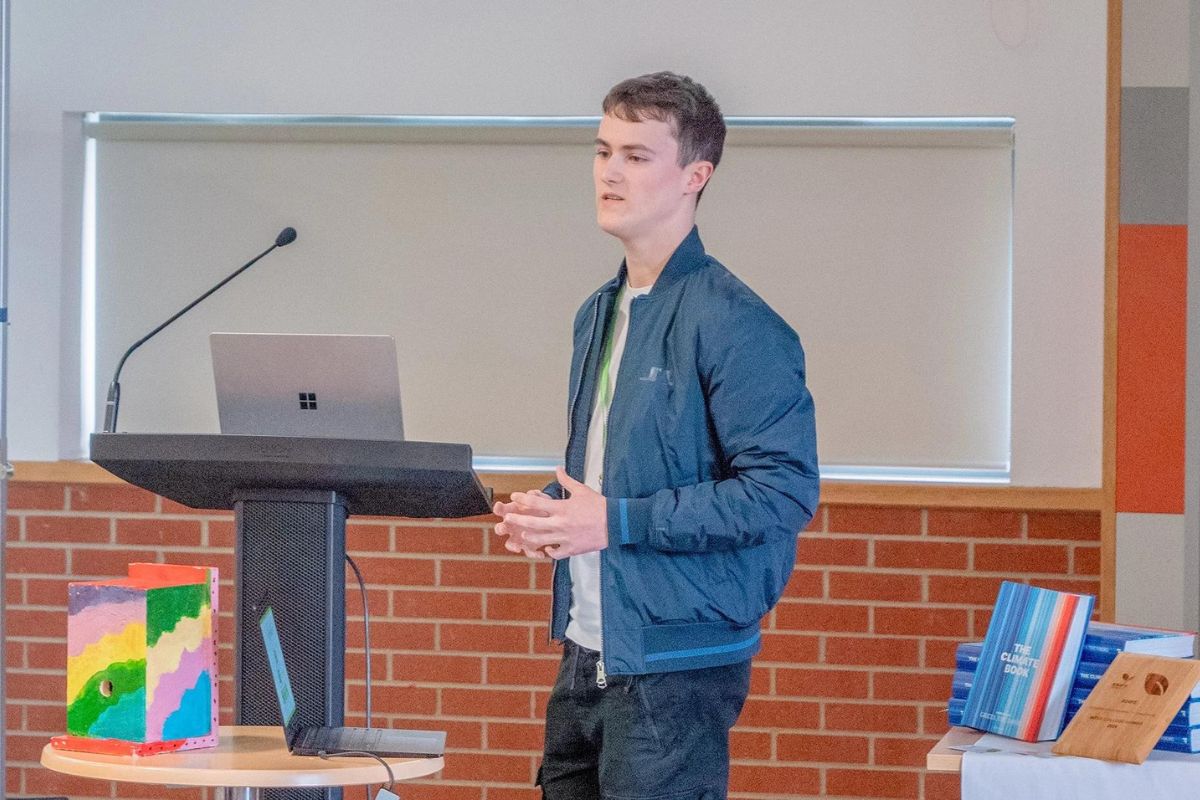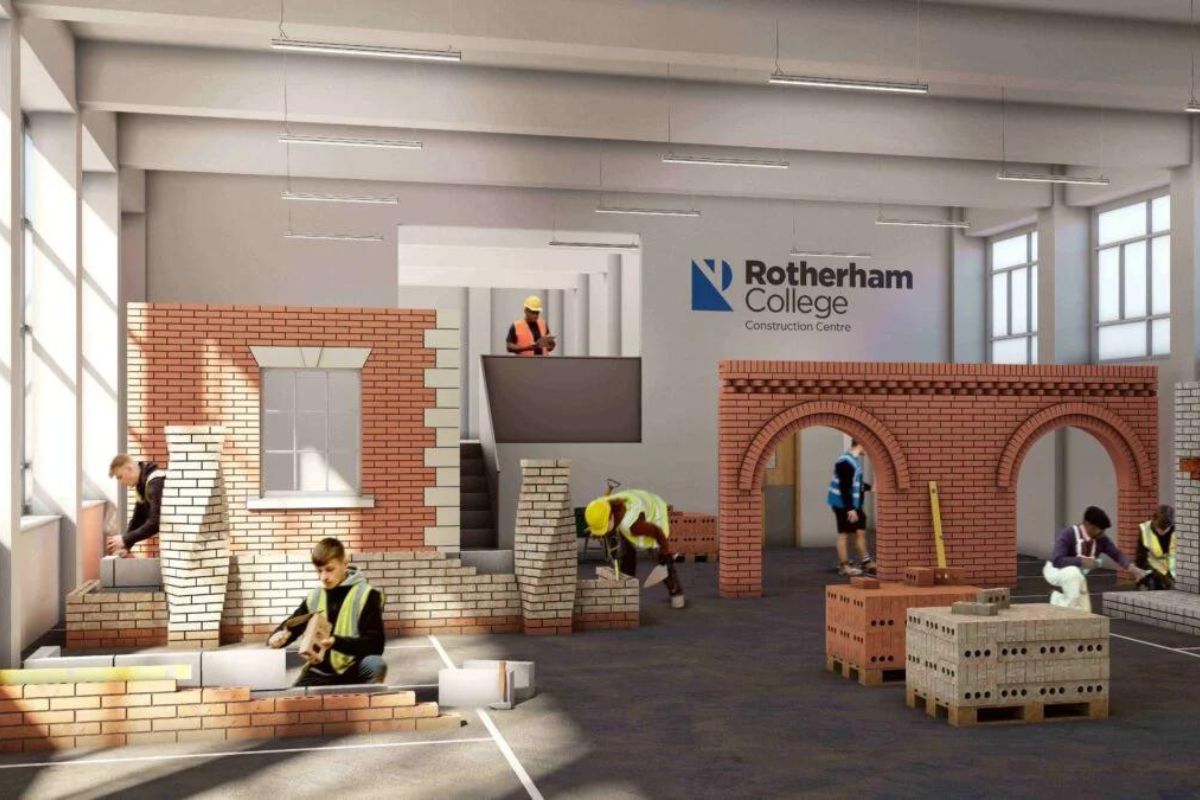Edinburgh University and NQCC Launch New Quantum Software Lab

Yesterday in Edinburgh, the National Quantum Computing Centre (NQCC) and the School of Informatics at the University of Edinburgh signed a memorandum of understanding on developing a quantum software and applications centre that aims to overcome key challenges to accelerate the development of quantum computing and investigate new ways in which quantum computers can provide benefits, beyond the reach of traditional computers.
The new Quantum Software Lab hosted by the School of Informatics, will be led by Professor Elham Kashefi. Professor Kashefi has been the NQCC’s Chief Scientist since November 2022.
Establishing the Lab aligns with the ambitions of the NQCC’s user engagement programme, SparQ, which seeks to grow the UK’s developer and user communities, by supporting potential users of quantum computing on their journey from awareness to advocacy.
The new Quantum Software Lab has already attracted a high profile collaboration with Amazon Web Services (AWS) that will explore potential use cases for quantum computing that could lead to quantum advantage.
The Quantum Advantage Pathfinder (QAP) research programme
The QAP is the core research programme in the NQCC Quantum Software Laboratory. It is a multi-disciplinary project involving physicists, mathematicians, engineers and computer scientists.
The NQCC Chief Scientist and the QAP research team will create a framework for investigating practical ways of using quantum computing to solve problems beyond the reach of classical computing. The lab will collaborate with government, industry, and other academics working in quantum research to ensure solutions meet the needs of our economy and society. It will also help establish a trusted quantum software community around NQCC to empower all stakeholders in the adoption of quantum computing.
The QAP’s vision is to turn industry pain-points into relevant research problems. As academics carry out pioneering research into the fundamentals of quantum computing, they will use this wealth of new knowledge to help investigate problems in industry.
QAP will serve as the foundation for follow-up phases of the NQCC programme in quantum software and applications in the years to come. It will aid development of the first fully functional quantum computing cloud platforms in the UK.
“I am delighted that the NQCC is partnering with the University to establish the new Quantum Software Lab at Edinburgh. This joint endeavour will create a core research capability to address some of the key challenges in developing quantum software, paving the way towards practical applications of quantum computing that can have real impact for industry.”
Dr. Michael Cuthbert, NQCC Director
“In the year the University of Edinburgh marks six decades at the forefront of computer science and artificial intelligence research, we are delighted to partner with the National Quantum Computing Centre (NQCC). That the NQCC’s first software lab has been established here at the University is hugely significant, and is indicative of the calibre of quantum researchers in our School of Informatics. Together, I hope we can play a significant role in the development and delivery of emerging quantum technologies.”
Sir Peter Mathieson, Principal and Vice-Chancellor of the University of Edinburgh
Amazon Braket, AWS’s quantum computing service
QSL’s first high-profile collaborator AWS brings over their existing expertise and resources.
As part of the collaboration, AWS will provide quantum computing hardware access through Amazon Braket with the goal of helping the QSL to establish proof-of-concept (POC) use cases over the next three years. Amazon Braket is a fully managed quantum computing service designed to help speed up scientific research and software development for quantum computing.
As part of the agreement, AWS will provide students with access to Amazon Braket, including a wide range of hardware devices, including superconducting, trapped-ion, and analogue processors.
Project teams and QSL collaborators will be able to apply for and receive credits of up to $300,000 USD total to assist with adoption, evaluation, and proof-of-concepts.
To assist QSL project teams in onboarding to Amazon Braket and using the service effectively, AWS will also provide workshops, self-paced classes, and other support as needed.
“The UK has world-leading strengths in quantum, and we’re proud to support researchers working in this crucial area. Building quantum computers at scale is hard. But we should not forget that it’s also hard to develop applications for quantum computers. By collaborating with the NQCC Quantum Software Lab at the University of Edinburgh, we aim to accelerate the translation of scientific results for industry use cases.”
Simone Severini, Director, Quantum Technologies, Amazon Web Services (AWS)












Responses